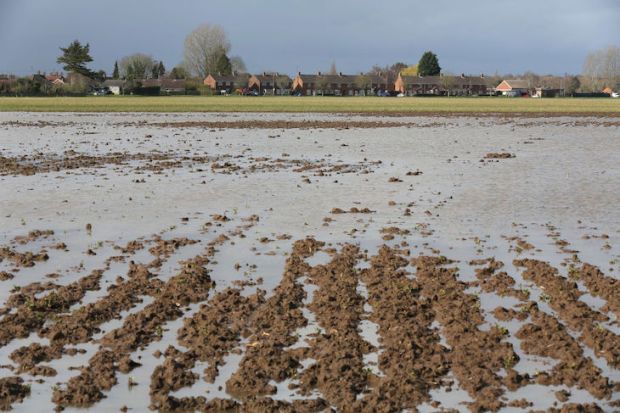The last time that US inflation hit 7.5 per cent, Ronald Reagan was a recently-elected president. And he, older readers might recall, partly owed his election to inflation. He memorably said during his campaign: ‘inflation is as violent as a mugger, as frightening as an armed robber and as deadly as a hitman.’
But what of Britain? Bank of England chief economist Huw Pill gave a speech this morning in which he revealed that the Monetary Policy Committee (MPC) very nearly raised the bank’s base rate to 0.75 per cent this month rather than to 0.5 per cent — there was only one vote in it. Should this, along with the news from the US, make us suspect that rates are heading higher than we might previously have thought?
Pill said that the bank now expects wage inflation in 2022 to hit 5 per cent, which, he says, ‘is probably stronger than that consistent with the inflation target over the medium term’. He further says that the bank’s scenarios show that leaving the base rate at 0.5 per cent would leave inflation at over 2 per cent on the committee’s two-year horizon, but that raising the rate to the 1.2 per cent that markets expect would leave inflation ‘somewhat below target’.
The message, then, seems reasonably clear: rates are on their way, but perhaps not to higher than 1 per cent — which would still leave them at half the lowest level they had ever reached in the 300 years prior to the financial crisis of 2008. In other words, the Bank of England does not yet intend that the era of near-zero rates has yet come to an end.
The committee still seems to be working on the assumption that the current spike in inflation is a one-off effect of high energy prices. Once that has been resolved — and we can expect a huge boom in global oil and gas production in response to soaring prices — then we can expect inflation to fall and interest rates to stabilise.
But, as Pill admits, the great unknown is to what extent individuals and businesses will respond to higher inflation by pressing for wage demands and jacking up prices in order to preserve their profit margins. If they do that in the way they did it in the 1970s then inflation will become self-sustaining — and the committee will be forced into more aggressive rises. But for the moment, it still seems to be working on the basis that inflation is just a blip and 1 per cent is as high as rates are going to go.
Got something to add? Join the discussion and comment below.
Get 10 issues for just $10
Subscribe to The Spectator Australia today for the next 10 magazine issues, plus full online access, for just $10.




















Comments
Don't miss out
Join the conversation with other Spectator Australia readers. Subscribe to leave a comment.
SUBSCRIBEAlready a subscriber? Log in